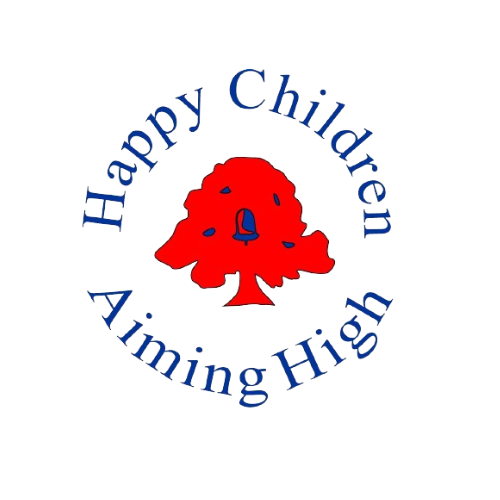PSHE
Intent
Government guidance for PSHE is that it is a non-statutory subject but that it is an important and necessary part of pupils’ education. At Palfrey Infant School, our intent is to provide an age appropriate curriculum programme to equip pupils with a sound understanding of risk and with the knowledge and skills necessary to make safe and informed decisions, now and in the future, and to recognise the importance of their own mental health and well-being.
Children’s personal, social and emotional development (PSED) in the Early Years is crucial for children to lead healthy and happy lives, and is fundamental to their cognitive development. Through the use of Kapow Primary’s RSE/PSHE scheme from Reception to Year 2 we will cover the Relationships and Health Education statutory guidance (as set out by the DfE). The scheme also covers the wider PSHE learning, in line with the National Curriculum (2014) that schools should ‘make provision for personal, social, health and economic education’. Children’s learning through this scheme would significantly contribute to their personal development as set out in the Ofsted Inspection Framework and promotes the four fundamental British Values which reflect life in modern Britain: democracy; rule of law; respect and tolerance and individual liberty.
At Palfrey Infant School, we are aware of the way that PSHE supports us to fulfil our duty of care with regards to safeguarding. In line with the DfE’s statutory guidance (Keeping Children Safe in Education) our curriculum will ensure that children are taught about safeguarding, including online safety, and revisits ideas of personal boundaries, consent and communicating our boundaries with others.
Implementation
We strive to provide our children with learning opportunities across and beyond the curriculum, in discrete lessons, assemblies, circle time, special school projects and other activities that enhance and enrich pupils’ experiences. The Kapow Primary scheme is a whole school approach that consists of three areas of learning in EYFS: Reception (to match the EYFS Personal, social and emotional development prime area) and five areas of learning across Key stages 1 and 2.
EYFS:
- Self-regulation
- Building relationships
- Managing self
Key stage 1 and 2:
- Families and relationships
- Health and wellbeing
- Safety and the changing body
- Citizenship
- Economic wellbeing
Each area is revisited to allow children to build on prior learning. The lessons also provide a progressive programme. The lessons are based upon the statutory requirements for Relationships and Health education, but where our lessons go beyond these requirements (primarily in the Citizenship and Economic wellbeing areas) they refer to the PSHE Association Programme of Study which is recommended by the DfE.
The scheme supports the requirements of the Equality Act through direct teaching, for example learning about different families, the negative effect of stereotypes and celebrating differences, in addition to the inclusion of diverse teaching resources throughout the lessons.
A range of teaching and learning activities are used and are based on good practice in teaching RSE/PSHE education to ensure that all children can access learning and make progress. All lessons include ideas for differentiation to stretch the most able learners and give additional support to those who need it. Many lessons, stories, scenarios, and video clips provide the opportunity for children to engage in real life and current topics in a safe and structured way. Role-play activities are also included to help children play out scenarios that they may find themselves in.
Impact
Our PSHE curriculum enables our pupils to leave Palfrey Infant School well on their way to being healthy, independent and responsible members of society. It helps them to understand how they are developing personally and socially, and tackles many of the moral, social and cultural issues that are part of growing up. They will be empowered to use their learning within their daily lives, from dealing with friendship issues to resilience to making healthy choices and knowing where and how to get help when needed.
Teachers will be able to access the Kapow Primary’s assessment guidance to help them identify those children who have met, exceeded or have not yet met the desired learning intentions for the lesson. They will use this knowledge to shape future learning and provide additional support or learning opportunities as necessary.
